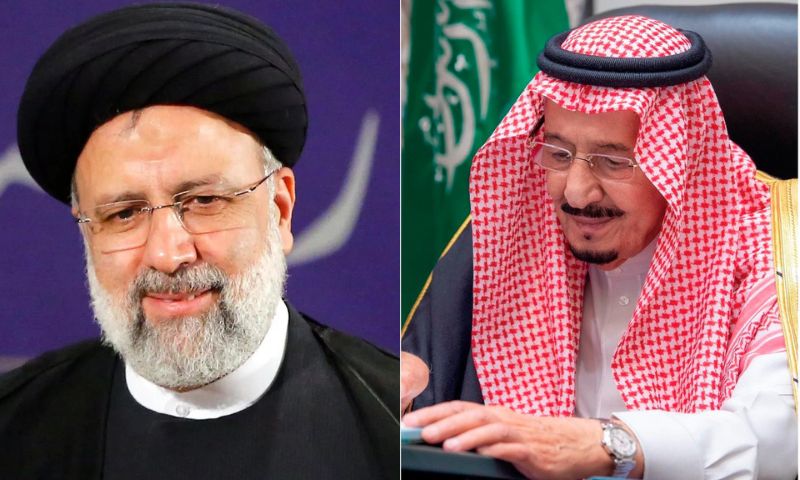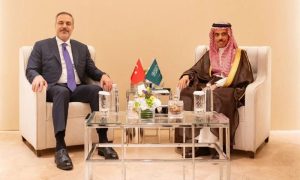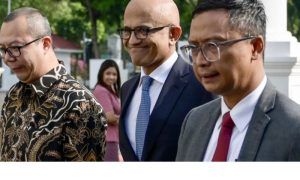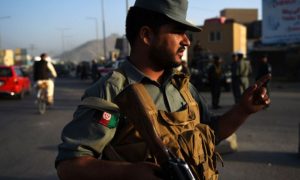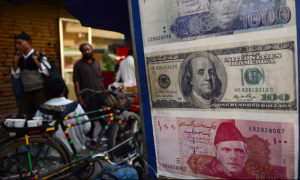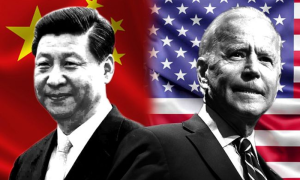The China-brokered truce between Saudi Arabia and Iran on the diplomatic front is a bright example of the phrase that there exist no permanent enemies and no permanent friends, only permanent interests. The changing geopolitics and realities in the region push countries to keep ideological differences aside for the sake of national interests and stability in the region.
Beijing played a cardinal role in bringing the two giants of the Middle East closer at a time when the United States was attempting to hound China on the global stage. This will certainly benefit the Muslim Ummah in particular and the regional countries in general. The sectarian strife amongst the Muslim community can be tamed down.
The Joint Trilateral Statement, which emanated as a result of the Saudi -Iran deal facilitated by China, urges each side to respect the principles of sovereignty and non-interference in the internal affairs of others. To keep the momentum of the understanding, Saudi King Salman bin Abdulaziz, invited Iranian President Ebrahim Raisi to Riyadh, which was accepted with delight.
Besides, foreign Ministers of both countries held a telephonic conversation, greeting each other on the advent of the holy month of Ramadan. They also reiterated to implement the historic move of the two Islamic countries to bear positive results for the betterment of the region and the Muslim Ummah. They agreed to meet soon to discuss the modalities for restoring diplomatic ties between Riyadh and Tehran.
The long-desired reproachment between the two countries has sent waves of happiness across the Middle Eastern region and the globe. Syria, Yemen, Egypt, Turkiye, the United States and Pakistan have welcomed the normalization of ties between Saudi Arabia and Iran.
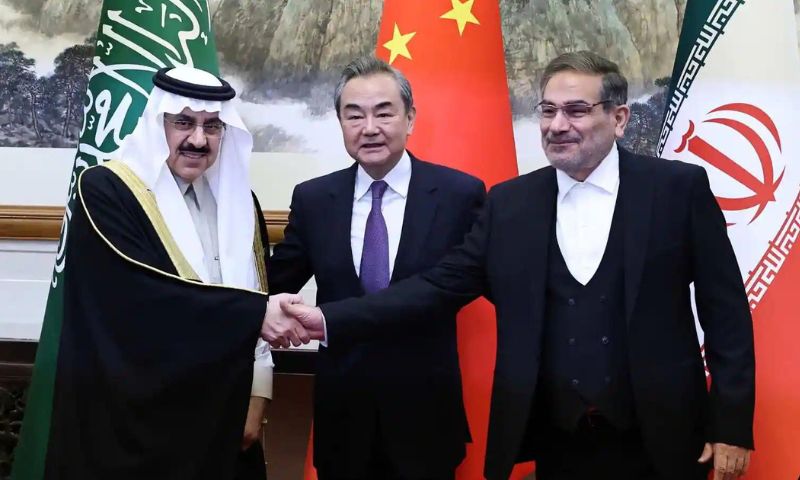
China has emerged as a global peacemaker on the world stage by bringing the two Middle Eastern adversaries closer. Beijing delivered the most significant regional development since the Abraham Accords: a deal to improve Saudi-Iranian ties positively.
People suffered deaths and starvation due to the violence in Yemen, and as per UN reports, over 277,000 people have lost their lives in the conflict.
The détente also contains several benefits for Iran, and the most important one is ending the isolation of Tehran. The much-awaited Iran-Pakistan gas pipeline, which had stalled due to US sanctions, could be completed for the benefit of the people of the region. Iran’s relations with the South Asian and Central Asian states would be further enhanced to diversify trade links in the region to usher in an era of development and progress.










